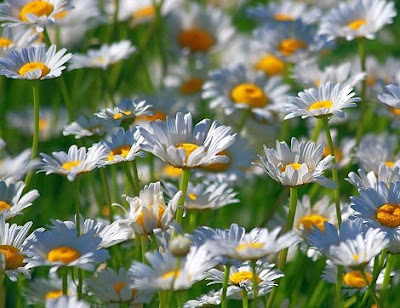A Cultura da Doença
Na antiga China existia o hábito de pagar regularmente ao médico pela saúde. Quando a pessoa ficava doente, deixava de pagar.
Actualmente, na nossa sociedade, paga-se quando se está doente, i.e., para haver lugar a pagamento as pessoas têm de estar doentes!
Ora, os valores inverteram-se.
Aquilo que temos é a cultura da doença, ao invés da cultura da saúde.
Todo o sistema está assente na doença, no cultivo desta. A não ser assim, não haveria necessidade da indústria farmacêutica, da indústria hospitalar e de toda a(s) classe(s) de profissionais ligados à "saúde".
Não é a saúde que se pretende fomentar, mas sim a doença.
E ainda nos questionamos sobre a atitude das pessoas perante a vida, e a forma 'negativa' como a encaram!
Há que revalorizar, para permitir uma aproximação mais positiva e construtiva da vida, optando por valores optimistas.
Na antiga China existia o hábito de pagar regularmente ao médico pela saúde. Quando a pessoa ficava doente, deixava de pagar.
Actualmente, na nossa sociedade, paga-se quando se está doente, i.e., para haver lugar a pagamento as pessoas têm de estar doentes!
Ora, os valores inverteram-se.
Aquilo que temos é a cultura da doença, ao invés da cultura da saúde.
Todo o sistema está assente na doença, no cultivo desta. A não ser assim, não haveria necessidade da indústria farmacêutica, da indústria hospitalar e de toda a(s) classe(s) de profissionais ligados à "saúde".
Não é a saúde que se pretende fomentar, mas sim a doença.
E ainda nos questionamos sobre a atitude das pessoas perante a vida, e a forma 'negativa' como a encaram!
Há que revalorizar, para permitir uma aproximação mais positiva e construtiva da vida, optando por valores optimistas.










